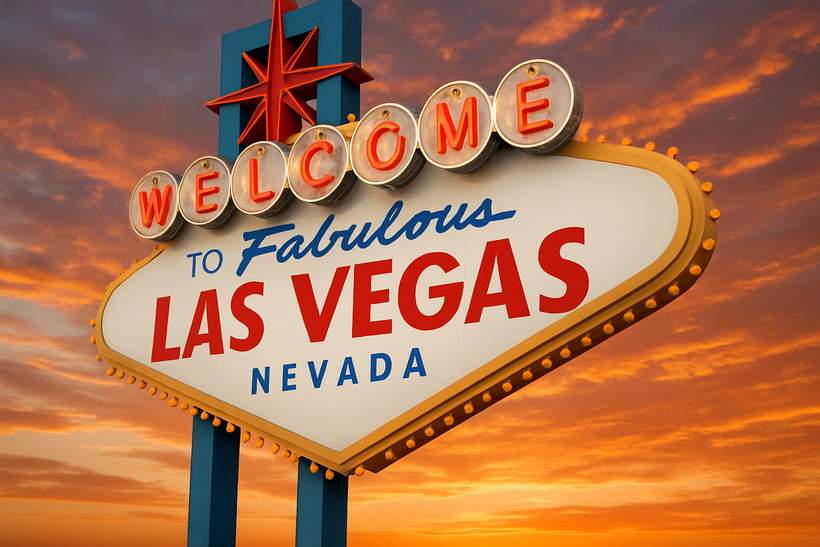Las Vegas Faces Declining Tourism Amid Pricing and Policy Challenges

Las Vegas Tourism Sees Continued Decline
Southern Nevada has experienced a steady drop in visitor numbers, with June marking the sixth consecutive month of decline. This represents the first time since early 2021 that the city has seen such a significant decrease in tourists. The trend shows no signs of reversing, as the summer months continue to reflect reduced visitor activity.
Signs of Reduced Visitor Engagement and Economic Impact
Recent data indicates that hotel occupancy rates in Las Vegas have fallen by over two percentage points, settling below 79%, while average daily room rates have decreased by more than 5%, now averaging under $190 per night. Additionally, passenger traffic at the main airport has dropped consistently every month since the start of the year, diminishing by over 4%. This downturn extends to overall revenue per available room, which has declined by more than 7%, factoring in both gaming and non-gaming income streams.
Year-to-date visitor numbers have fallen by an average of more than 7% compared to the previous year, amounting to nearly 20 million visitors so far. Most tourism-related metrics are down, impacting the local economy, especially given the notable decrease in revenue generated by the Las Vegas Strip’s gaming industry during the summer months.
High Prices Driving Visitor Dissatisfaction
Industry experts suggest that rigid pricing policies may be pushing visitors away. The persistent high costs of accommodations, beverages, and additional fees have led to growing frustration among travelers. Calls for a pause or reduction in resort fees have gained support as a measure to restore visitor interest. There is a broad perception that Las Vegas is becoming prohibitively expensive for many tourists.
This sentiment is echoed by recent surveys showing that almost 90% of respondents believe Las Vegas is too costly for vacationers, which highlights the impact of pricing on visitor decisions.
Concerns Over Declining Service and Political Influences
Alongside pricing issues, declines in service quality have been reported. Travel industry professionals note difficulties in justifying resort fees to international visitors, especially when included amenities have little perceived value, such as free local calls. Some view these charges as unreasonable and even offensive to guests.
Moreover, a significant drop in Canadian tourists has contributed to the overall decline. Canadian passenger traffic to US destinations, including Las Vegas, has seen substantial decreases this summer, with airlines reporting losses ranging from 30% to over 60% compared to the previous year.
Political factors may also be at play, as strained relations and tariffs between the US and Canada, along with controversial comments from former US leadership, may have deterred Canadian visitors. Since Canada traditionally represents a major segment of Las Vegas’s international market, the decline in Canadian travelers further exacerbates the city’s tourism challenges.